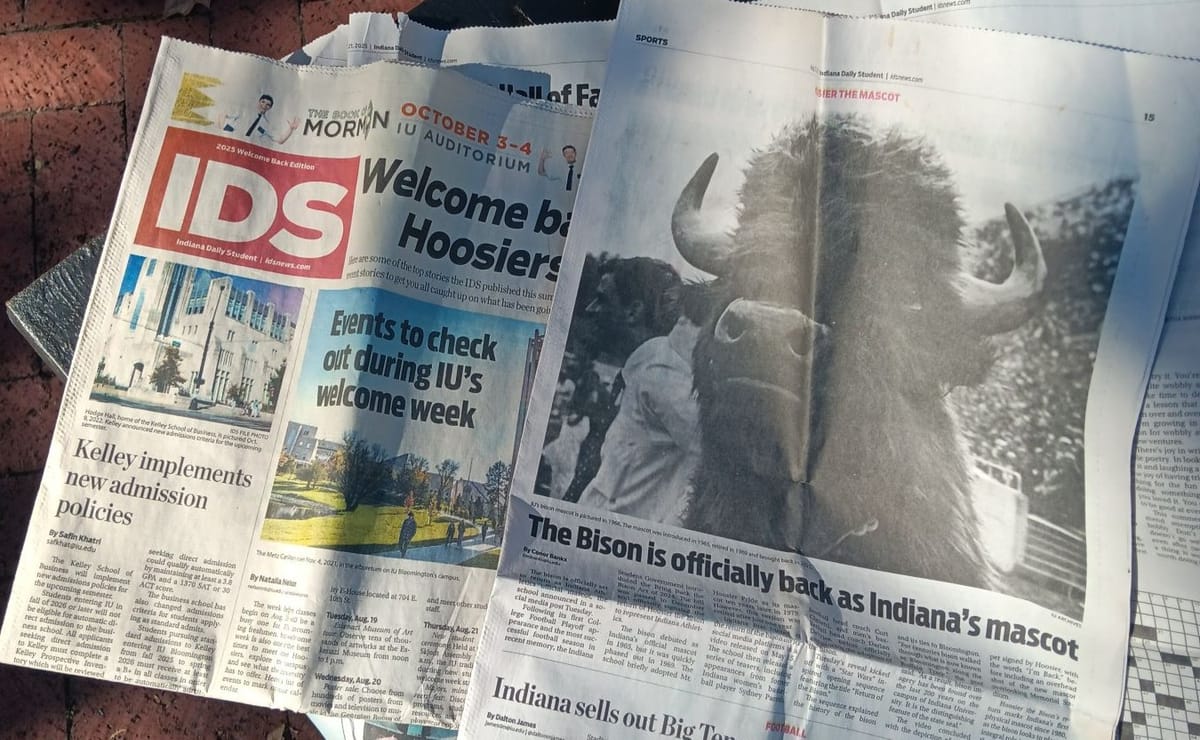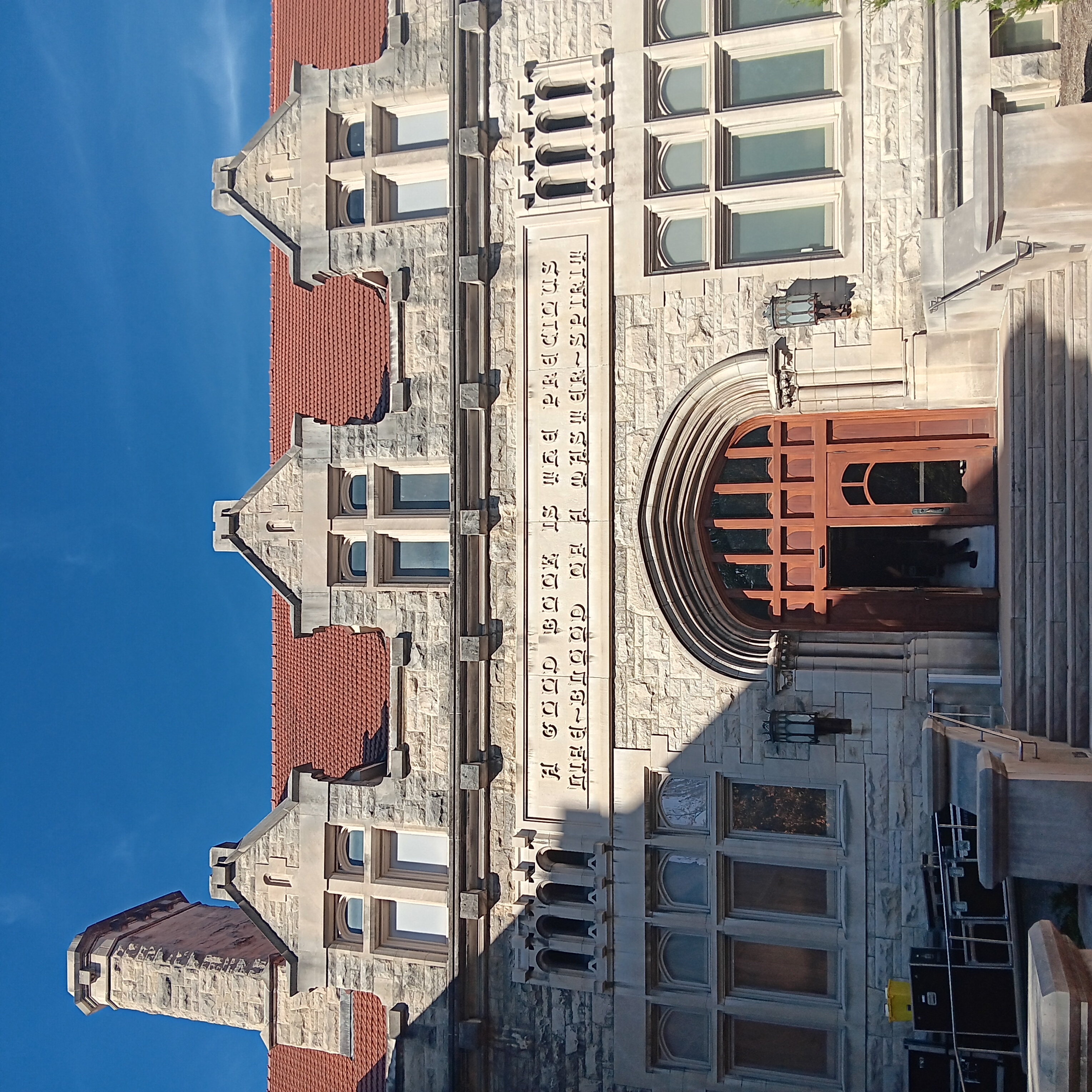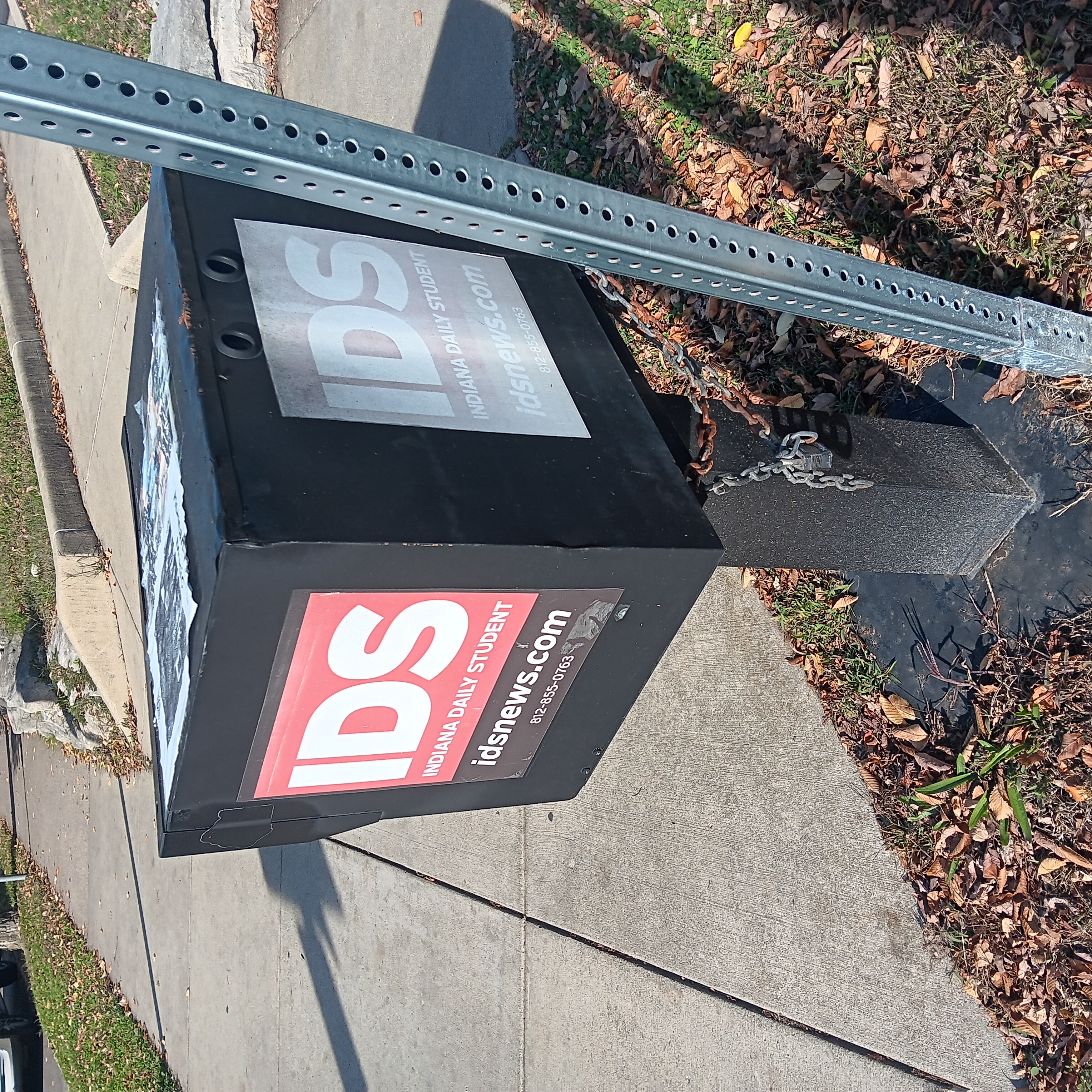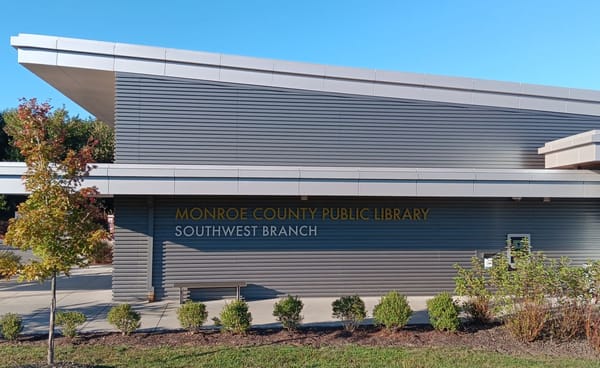RCFP Attorney Represents Indiana Daily Student Editors in Censorship Fight
The Reporters Committee for Freedom of the Press, a pro bono legal services organization for journalists, has offered to represent the Indiana Daily Student’s editors. Read about their push back against Indiana University’s efforts to censor the student newspaper, including attorney Kris Cundiff’s l

UPDATE: On October 30, 2025, Indiana Daily Student editors Mia Hilkowitz and Andrew Miller wrote in the IDS that Indiana University reversed its decision about IDS print editions and when to print news. The next print issue will be published on November 20, 2025.
This article was originally published by the
Reporters Committee for Freedom of the Press.
Kris Cundiff, an attorney from the Reporters Committee for Freedom of the Press, is representing the Indiana Daily Student’s editors-in-chief and pushing back against Indiana University’s efforts to censor the school’s student newspaper, arguing that the university’s actions are “ill-advised, unconstitutional, and appear to be aimed at suppressing core press and speech rights.”

In a letter sent to university leaders on Monday on behalf of student journalists Mia Hilkowitz and Andrew Miller, Cundiff expressed concerns about the school’s abrupt firing of the the Indiana Daily Student’s adviser and its decision to bar student journalists from publishing a planned print edition of the newspaper. The school’s actions came after Hilkowitz, Miller, and other newspaper staff members and their adviser objected to the university’s attempts to silence the newspaper’s independent news reporting.
“Public bodies may not retaliate against individuals for engaging in First Amendment-protected speech — including expressing disagreement with a decision by the government, as the IDS did here,” Cundiff writes in the letter. “[I]t is difficult to separate IU’s unconstitutional actions from the reality that the IDS, as an independent student newspaper, engages in aggressive news coverage of the University without fear or favor.”
In the letter, Cundiff notes that the university has incrementally restrained the Indiana Daily Student’s ability to produce print journalism in recent years, in many cases without consulting the newspaper’s journalists. This fall, the university went even further, demanding that the print editions of the newspaper not contain any news reporting at all. Instead, the print editions were to contain only promotional content for the university, not actual journalism.

The letter disputes the university’s argument that the decision to end the print edition was purely financial, highlighting recent public comments from billionaire Indiana University alumnus Mark Cuban, who condemned the university’s “censorship” of the newspaper and said he gave money to the university to help fund the newspaper so that it wouldn’t run on a deficit.
“Even if IU were somehow motivated by financial concerns, that would not entitle administrators to control the IDS’s journalistic decisions,” the letter argues. “Telling student journalists what they can and cannot include in a newspaper is censorship of ‘editorial content’ by any definition.”
The letter concludes with a request to meet with university leaders “to discuss a path forward that will restore our clients’ editorial independence.”
Related: The letter to Indiana University comes just two weeks after Leslie Briggs, the Reporters Committee’s Local Legal Initiative attorney for Oklahoma, raised similar concerns about the University of Central Oklahoma’s recent attempts to silence The Vista, the school’s student-run newspaper. In a letter sent to the school’s president and other leaders, Briggs criticized the university’s decision to end the newspaper’s print publication and its efforts to retaliate against student journalists for speaking out about the university’s actions.
“A forced restriction on printing and retaliation against students who have spoken or written critically of your administration blatantly violates the First Amendment’s guarantees of free expression and a free press,” Briggs wrote in the letter.
Read the full letter to Indiana University below.
2025-10-20 RCFP Letter to IU by awilkeni
Editor's note: The RCFP also provides occasional free counsel to Limestone Post.
Limestone Post contacted Indiana University for comment. We have not received a response.





